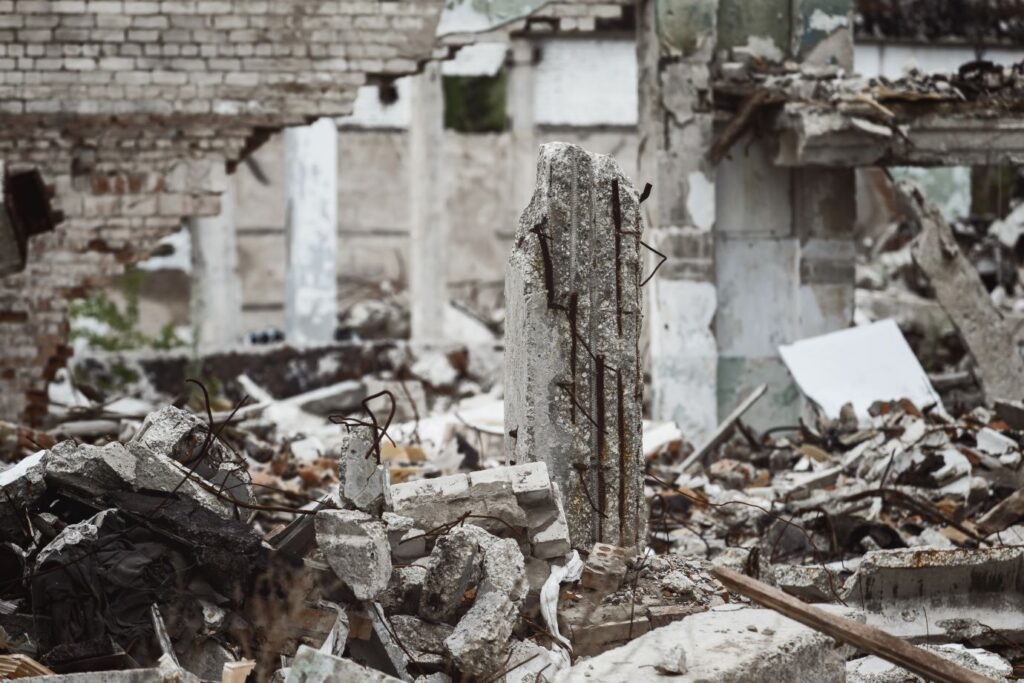Women and children account for two-thirds of the severely injured victims of the recent earthquakes in Afghanistan, the World Health Organisation has confirmed.
The World Health Organisation’s Dr Alaa AbouZeid told Reuters that it was women and children who were the worst injured because they were more likely to be inside houses at the time the earthquake struck.
“The earthquake happened around 11 in the morning, when men were out of the houses, so the majority of those who are injured and died are women and children who were inside the houses at the time,” Dr Alaa AbouZeid said.
“Two-thirds of those with severe injuries who are admitted in the hospital I have seen yesterday are children and women.
“I have seen critical cases that are receiving a very high level of care. I have seen a child like 3-4 months old with head trauma, due to the earthquake.”
On Saturday, a 6.3 magnitude earthquake hit a well populated area near Herat in Western Afghanistan. It was followed by a number of strong aftershocks, causing severe destruction, injuries and loss of life. According to figures released by Taliban officials, the death toll is nearing 3000.
Country Director for Save the Children in Afghanistan, Arshad Malik said this scale of the damage is horrific.
“The numbers affected by this tragedy are truly disturbing – and those numbers will rise as people are still trapped in the rubble of their homes in Herat. Our thoughts and condolences are with all those who have lost loved ones,” Malik said.
“Thousands of children and families are now without homes, without shelter. They have lost everything. The terror of aftershocks and buildings collapsing has forced families out into the open in Herat.
“This is a crisis on top of a crisis. Even before this disaster, children were suffering from a devastating lack of food. Donors must provide lifesaving humanitarian assistance. This new emergency requires new funding.
Malik called for an urgent increase in humanitarian aid and for international attention to be directed towards the crisis.
“Without an urgent injection of money, existing humanitarian programmes will be impacted as already overstretched funding is strained further. The international community cannot turn its backs on children in Herat who need urgent help.”


